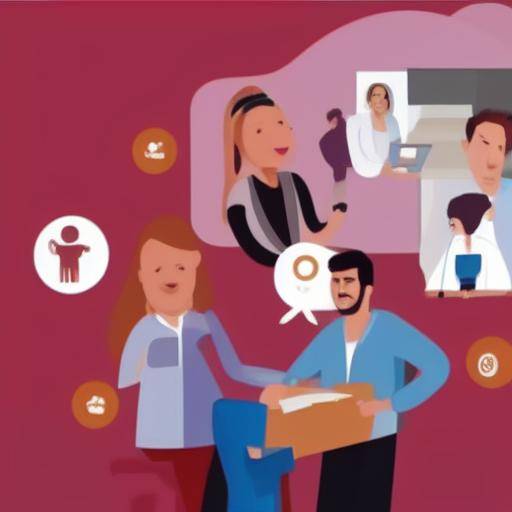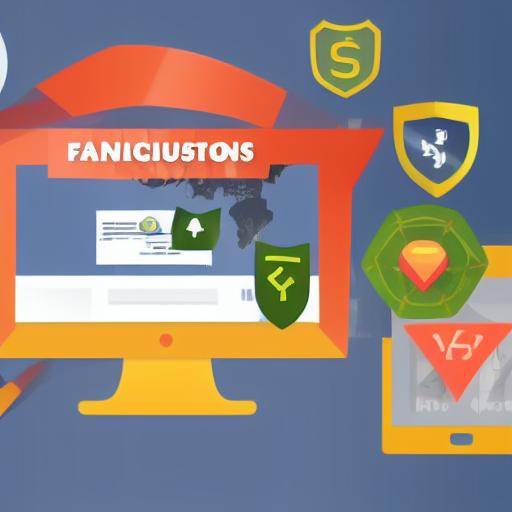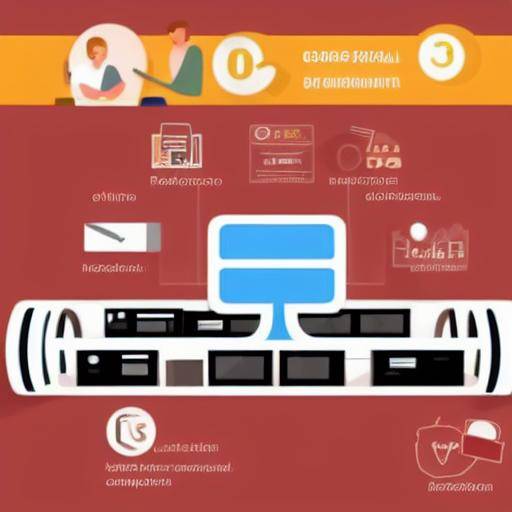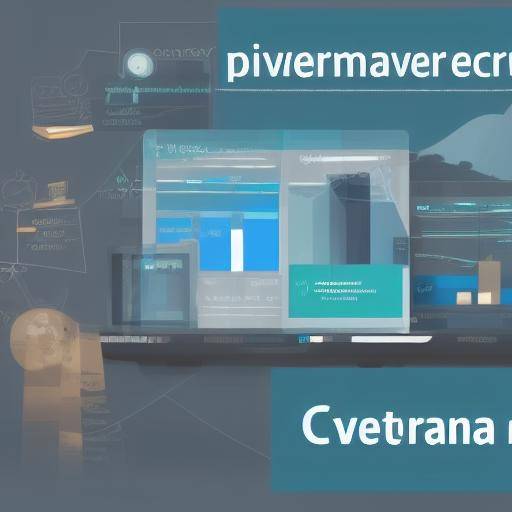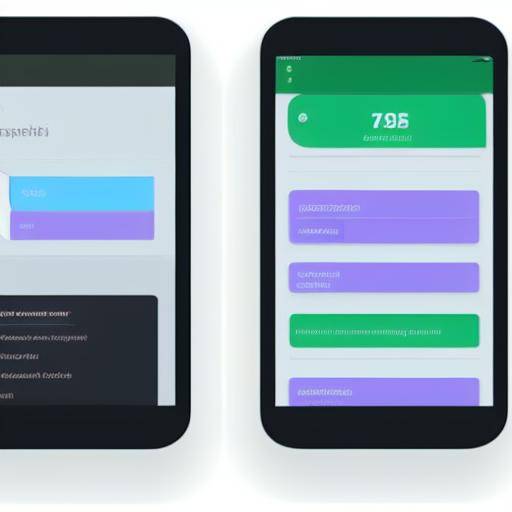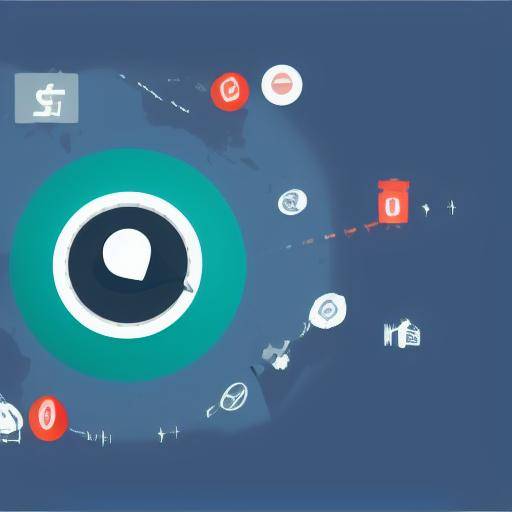
Introduction
We live in a digital era where financial transactions are increasingly made through online platforms. While this offers comfort and efficiency, it also presents challenges in terms of privacy, security and identity protection. In this article, we will explore key strategies to protect your online identity when making financial transactions. From the historical evolution of online security to future trends, you will get valuable ideas to protect yourself in the digital world.
Privacy in financial transactions
Privacy is paramount in conducting online financial transactions. Some key strategies to protect your privacy include:
- Use private virtual networks (VPNs) to hide your IP address and safeguard your browsing data.
- Maintain updated operating systems and antivirus programs to defend against malware and cyber attacks.
- Avoid sharing confidential financial information through unprotected emails or unreliable platforms.
- Using unique and secure passwords for each financial account and allowing the authentication of two factors whenever possible.
Security in financial transactions
Taking security it is essential to keep your identity online protected. Some strategies to improve security in financial transactions include:
- Verify the authenticity of websites before making transactions, ensuring that they have SSL certificates and are safe sites.
- Avoid access to unknown links or attachments that may contain malicious software.
- Use secure payment methods and verify refund policies and buyer protection when making online purchases.
- Regularly review the account statements and be vigilant for any suspicious activity in your financial accounts.
Protection in financial transactions
Protection your online identity is crucial to preventing identity theft and financial fraud. Some key strategies to protect themselves include:
- Stay alert to phishing practices and avoid providing personal information in response to unsolicited emails.
- Use credit monitoring services to detect and prevent possible fraudulent activities.
- Considering the use of secure virtual cards or payment systems to minimize the risk of exposure of sensitive data.
- Stay informed about the latest online scam techniques and educate your circle about safe practices in financial transactions.
Conclusion
In short, safeguarding your online identity in financial transactions requires a combination of effective privacy, security and protection. By adopting strategies such as the use of VPNs, active monitoring of online security and knowledge of potential threats, it can significantly reduce the risk of fraud and identity theft in the current digital environment.
FAQ (PFA)
1. How can I protect my financial information online?
Protect your online financial information using strong passwords, allowing the authentication of two factors whenever possible, and avoiding sharing confidential data on uninsured platforms.
2. What should I do if I suspect I have been a victim of online financial fraud?
If you suspect you have been a victim of online financial fraud, immediately notify your financial institution, change your passwords and consider using credit monitoring services to detect fraudulent activities.
3. How can I avoid phishing by making online financial transactions?
Avoid being the victim of phishing practices by always verifying the authenticity of emails and links, refraining from providing personal information in response to unsolicited requests, and educating yourself on the latest phishing techniques.
4. Why is it important to use a private virtual network (VPN) when conducting online financial transactions?
Using a VPN in online financial transactions masks your IP address and protects your browsing activity, providing an additional layer of security and privacy by preventing third parties from accessing your data.
5. What are the safety measures recommended when shopping online?
When making online purchases, be sure to use secure websites with SSL certificates, use reliable payment methods, verify buyer's reimbursement and protection policies, and keep your devices and software updated to avoid vulnerabilities.
6. How can I educate my family about safe practices in online financial transactions?
Educate your family about safe practices in online financial transactions by providing information on the latest scam techniques, teaching them to recognize signs of unsafe websites or emails, and promoting the use of strong passwords and two-factor authentication methods.
By adopting these practices and strategies of privacy, security and protection, you can effectively safeguard your online identity in financial transactions. Continuous awareness and adherence to best online security practices are essential in the current digital era. Remember that prevention is key to mitigating risks associated with online financial transactions.





